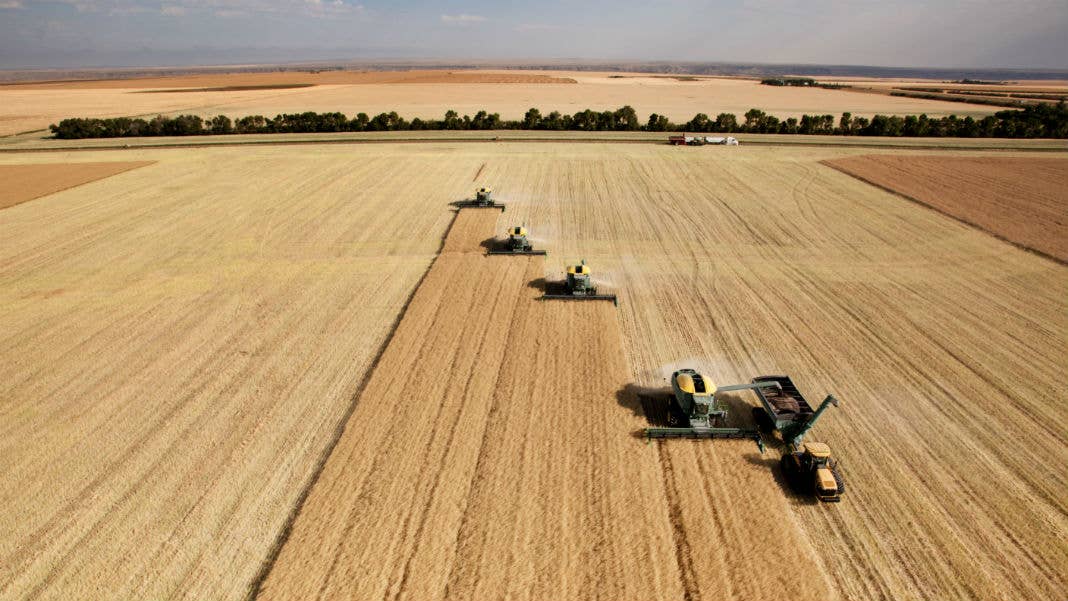Will Artificial Intelligence Transform How We Grow and Consume Food? [Video]

Share
Today, agriculture is more efficient than ever, but it's also more dependent on environmental, technological, and social issues like never before. Climate change, drought and other disasters, shifting energy landscapes, population growth, urbanization, GMOs, changes in the workforce, automation — these are just a handful of the factors that affect the global access to food.
We'd all like to see a future in which people worldwide have a sufficient amount of safe and nutritious food to help them maintain healthy and active lives. Is this realistic in our lifetimes?
To borrow a phrase, artificial intelligence is eating the world, and it can help move us closer to this future of abundant food. Neil Jacobstein, Artificial Intelligence & Robotics Co-Chair at Singularity University, explains what AI can do for the future of food, as part of a video series on food as a Global Grand Challenge.
Be Part of the Future
Sign up to receive top stories about groundbreaking technologies and visionary thinkers from SingularityHub.


[image courtesy of Shutterstock]
David started writing for Singularity Hub in 2011 and served as editor-in-chief of the site from 2014 to 2017 and SU vice president of faculty, content, and curriculum from 2017 to 2019. His interests cover digital education, publishing, and media, but he'll always be a chemist at heart.
Related Articles

Researchers Break Open AI’s Black Box—and Use What They Find Inside to Control It

What the Rise of AI Scientists May Mean for Human Research

Scientists Want to Give ChatGPT an Inner Monologue to Improve Its ‘Thinking’
What we’re reading